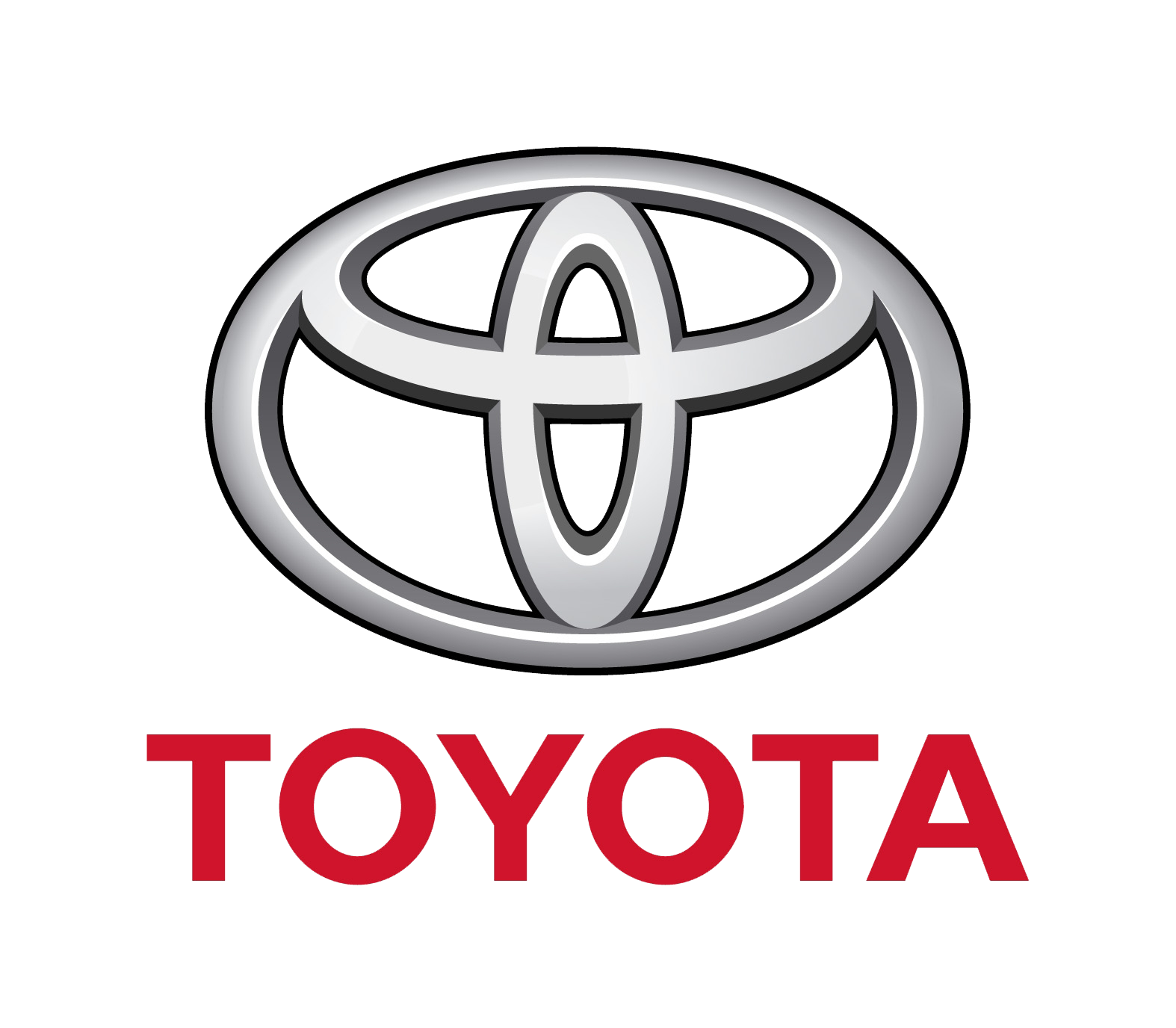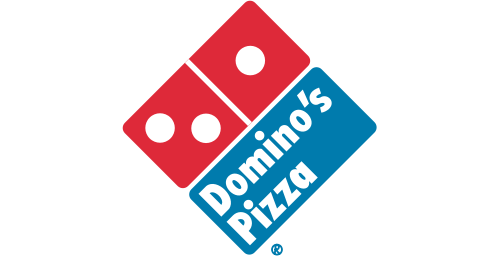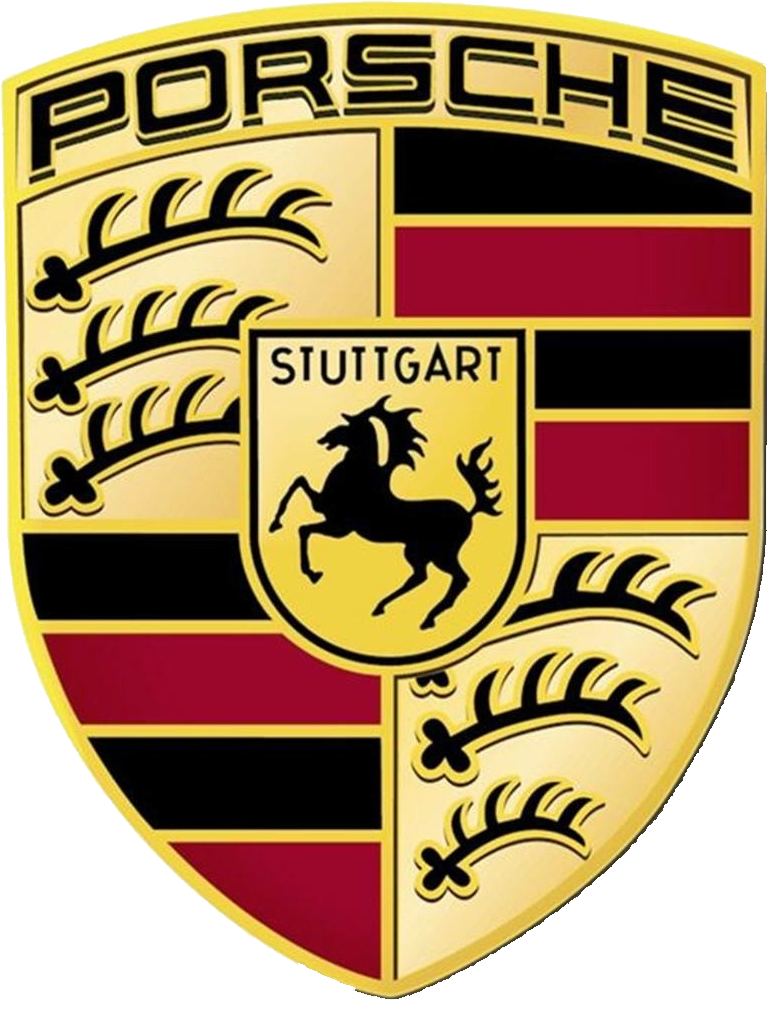An analysis of five popular logos
TOYOTA
The overlapping of the two perpendicular ovals inside the outer oval also forms the
letter "T" for Toyota, as well as a steering wheel representing the vehicle itself. This is a clever and effective way to incorporate the company's name and product into the logo design.
The outer oval symbolizes the world that embraces Toyota, which is a nod to the company's global reach and impact. The different stroke thicknesses in each oval are also a reference to traditional Japanese brush art, which is a nice touch that reflects Toyota's cultural heritage
Toyota wordmark has a simple sans-serif that look similar to the font Avenir typeface
Functionality
Simplicity: The logo features three overlapping ovals, which creates a clean and recognizable design that is easy to reproduce across various media.
Symbolism: The ovals represent the unification of the hearts of customers and the company, as well as the global reach of Toyota.
Brand Identity: The logo is instantly recognizable and helps to establish a strong brand identity, reinforcing Toyota's reputation for reliability and innovation.
Versatility: The logo works well in various contexts, from vehicle badges to advertisements, ensuring consistent branding.
Modern Aesthetic: The sleek design reflects Toyota's forward-thinking approach and commitment to cutting-edge technology.
Aesthetic of the logo
Clean lines and minimalistic design, emphasizing functionality and reliability.
A contemporary look that reflects innovation and advanced technology, particularly in their vehicles
A cohesive brand image across logos, vehicles, and marketing materials, reinforcing recognition.
A polished and professional appearance that conveys the brand’s commitment to high-quality manufacturing
Designs that resonate with diverse markets while maintaining a unified brand identity.
SUBWAY
The first restaurant opened in 1965 in Connecticut, United States. Opening a restaurant started out as a plan between two friends, Fred DeLuca and Peter Buck.
The original name was not Subway either, but Pete's Super Submarines. The two friends quickly opened a second restaurant, then a third. They shortened the name to Pete's Subway and then Subway in 1968.
In 1968, a new Subway logo appeared. They have always used a signature logo relying on the company name to create a strong brand image; however, this time they added other colors and a shape resembling the famous sandwiches. The colours of the name changed to white and yellow with a green or black background depending on the version. This logo is the most recognizable in the United States.
Color choices have meaning for company logos Yellow and green are good colors to illustrate movement and healthy eating. Yellow symbolizes joy and the sun, while green is the color associated with nature and health. These two colors also look good together
Its palette is also different from other restaurant brands, which helps to stand out and be recognized more easily the arrows in the letter S and Y in" SUBWAY" indicates the quick entrance and exit from the store, so you can enjoy your food on the way
The name "SUBWAY" comes from its shape resembling a submarine the name comes from submarine
Subway Font is →Helvetica
Key features
Color Scheme: Typically green and yellow, symbolizing freshness and energyFont Style: Bold and modern, enhancing visibility and impact
Directional Arrows: Integrated into the lettering, suggesting movement and the concept of "subway" transportation.
Symbolism: The logo evokes ideas of fast, fresh food, aligning with Subway's brand
aesthetics of the logo
Casual Atmosphere: The overall design of Subway restaurants promotes a relaxed, casual dining experience, inviting customers to enjoy quick meals.Functional Design: Layouts emphasize efficiency, allowing for easy navigation and quick service, essential for a fast-casual dining model.
Visual Consistency: The branding across locations and advertising maintains a cohesive look, enhancing brand recognition.
The company logo has bright geometric logo with blue ,red and white as the colour pallet the three white dots represents the three store in 1965 the colour chossen by the owners the most attractive and appealing for costumer the red colour represents energy, passion and the blue stand's for trust, reliability together the colours of the brand convey the quality and coustmer satisfaction
Domino's Pizza Font is → Futura.
The logo also symbolized the history of the compney with three white dots standing for the first three white dots standing for the first resturants of the fasrt food chai in 1965 when the logo was created
The first dot stands for quality, the second dot stands for freshness, and the third dot stands for value.Each domino originally represented one of the 21 results of throwing two six-sided diceFunctionality
Simplicity: The logo features a straightforward design with a bold red and blue color scheme, making it easy to recognize and reproduce
Iconic Domino Shape: The logo incorporates a domino piece, which directly connects to the brand name and product, emphasizing the pizza delivery aspect.
Visibility: The contrasting colors and clear typography enhance visibility, ensuring the logo stands out in various settings, from storefronts to packaging.
Aesthetics
Bold Colors: The use of red and blue creates a strong visual impact, conveying energy and trust.
Simple Geometry: The design features a clean, geometric domino shape, which is straightforward and memorable.
Modern Typography: The font is bold and easy to read, contributing to the logo’s clarity and accessibility.
Dynamic Feel: The tilted domino adds a sense of movement, suggesting speed and efficiency in delivery.
Franz Xaver Reimspiess's design has shown to have incredible staying power across the decades. His Porsche logo was first seen on the steering wheel of the Porsche 356 in 1952, on hubcaps from 1959 and on on Porsche hoods from 1965
For the design of the Porsche logo, Franz drew inspiration from Stuttgart's city seal, which features a rearing horse, and incorporated this into the centre of the shield shape. Since Stuttgart itself was founded around 950AD as a centre of horse-breeding and stud farms, the animal was a fitting addition to the emblem Stuttgart, the German city in which the Porsche world headquarters are located, was originally built atop a horse-breeding farm. The city thus used horses in its seal, and Porsche, in homage to its hometown, tossed a horse into the center of its own logo.
While the horse represents strength, the red and black stripes on either side are reflective of the traditional crest colours of Württemberg-Hohenzollern. What's more, the stylised antlers were also taken from the region's coat of arms.This inspired Porsche to keep a black horse at the centrepiece of its logo representing the power and the seal of Stuttgart. As for the antlers, and black and red lines, they were inspired by Württemberg's state seal. The state colours are black and red
.The shield shape symbolizes: Heritage: The crest reflects Porsche's rich history and tradition in automotive excellence. Strength and Performance: The shield shape conveys durability and protection, aligning with the brand's focus on high-performance vehicles. Luxury: The design elements suggest sophistication and prestige, consist
Functionality
Aesthetics of the Porsche logo
Crest Shape: The shield design conveys strength and protection, emphasizing the brand’s premiumColor Palette: The use of black, red, and gold conveys luxury and sophistication, creating a striking visual impact.
Symbolic Elements: The horse and antlers reflect Porsche’s heritage and connection to Stuttgart, enhancing brand identity
.Elegant Typography: The word "Porsche" is often presented in a bold, modern font, reinforcing the brand’s sporty image
Symbolic Elements: The horse and antlers reflect Porsche’s heritage and connection to Stuttgart, enhancing brand identity
.Elegant Typography: The word "Porsche" is often presented in a bold, modern font, reinforcing the brand’s sporty image
DIOR
This logo was first introduced by Christian Dior in his fashion designs and has become one of the brand's representative symbols. The "D" letter represents the surname of Christian Dior, the founder of the brand Dior.
The Dior logo is a distinctive symbol associated with the French luxury goods company Christian Dior SE, commonly known as Dior. The logo features the brand name "Dior" in a simple and elegant serif font. It typically appears in black or another contrasting color against a white background, emphasizing its clarity and sophistication.
Dior's designs often feature luxurious fabrics, intricate embroidery, and meticulous tailoring.
The Dior logo is a solid color logo that makes use of black as its primary color. and white black is known to symbolize luxury which makes it a popular choice for likeminded brands that wish to be associated with this quality White symbolizes purity, simplicity, and perfection. It complements the black lettering by providing contrast and enhancing readability.
Functionality
Brand Recognition: The logo's distinctive font and style make it easily recognizable, reinforcing Dior's identity in the luxury fashion market
Heritage: The logo represents the brand's rich history and legacy in couture, enhancing its prestige
Versatility: The logo can be used across various products, from clothing to accessories, maintaining consistent branding.
Visual Impact: The clean and simple design ensures high visibility and memorability, crucial for branding in the competitive fashion industry.
The aesthetics of the logo
Minimalism: The simple design reflects a modern yet classic approach, emphasizing luxury without being overly ornate.
Versatile Use: The logo's clean lines make it adaptable for various applications, from clothing labels to advertising
Iconic Style: Overall, the Dior logo embodies a blend of tradition and contemporary fashion, reinforcing its status as a leading luxury brand.





Comments
Post a Comment